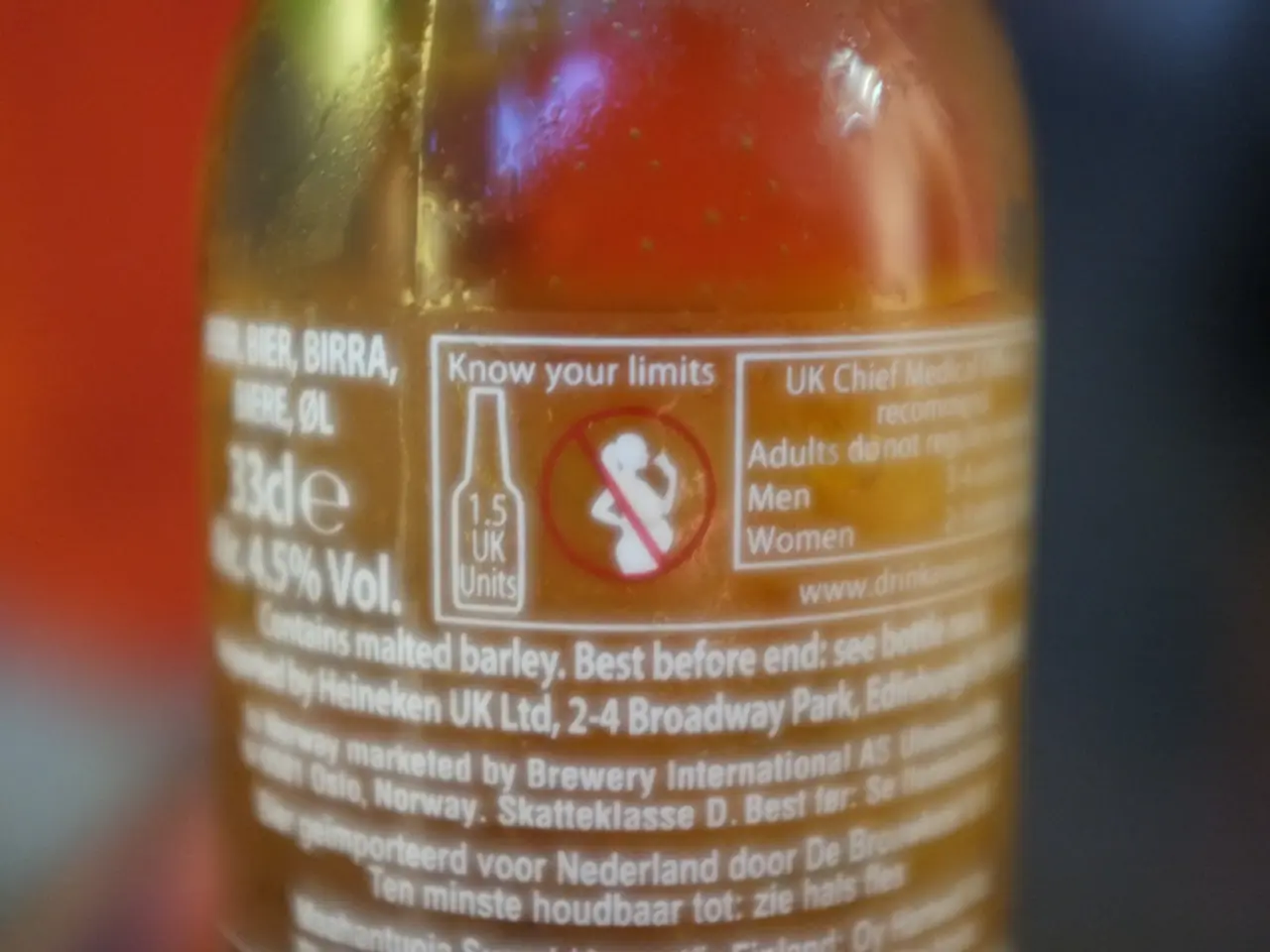Evergreening: Pharma's Secret to Extending Drug Patents
Evergreening, a practice where pharmaceutical companies extend drug exclusivity through minor modifications, is causing concern. This results in fewer affordable alternatives for patients and increased costs for insurers and public health programs. Transparency in the approval process is seen as a potential safeguard.
Many new drugs are slight variations of existing treatments, a practice known as evergreening. This makes it challenging for regulators to distinguish genuine innovations from minor changes. In Europe, drug makers can withhold trial data for up to seven years, further weakening patent offices' ability to filter out low-value claims.
Disclosing clinical trial data can help patent examiners judge new applications more effectively. After marketing approval, when full trial results become available, the number of weak follow-up patents drops significantly. This practice reduces low-value drug patents, improving patient access to medicines. Stronger integration of regulatory data into the patent system could also discourage patents based on minor tweaks.
Large multinational pharmaceutical firms, such as Novartis, Sanofi, Roche, AstraZeneca, and GlaxoSmithKline, are often associated with evergreening practices. However, up-to-date comparative patent statistics per company for 'secondary' or 'follow-on' patents are not readily available. As patients, insurers, and health agencies stand to benefit from a shift towards rewarding breakthroughs, increased transparency and better data integration in the patent system could help achieve this balance.
Read also:
- Hospital's Enhancement of Outpatient Services Alleviates Emergency Department Strain
- Increased Chikungunya infections in UK travelers prompt mosquito bite caution
- Kazakhstan's Deputy Prime Minister holds discussions on the prevailing circumstances in Almaty
- In the state, Kaiser Permanente boasts the top-ranked health insurance program






